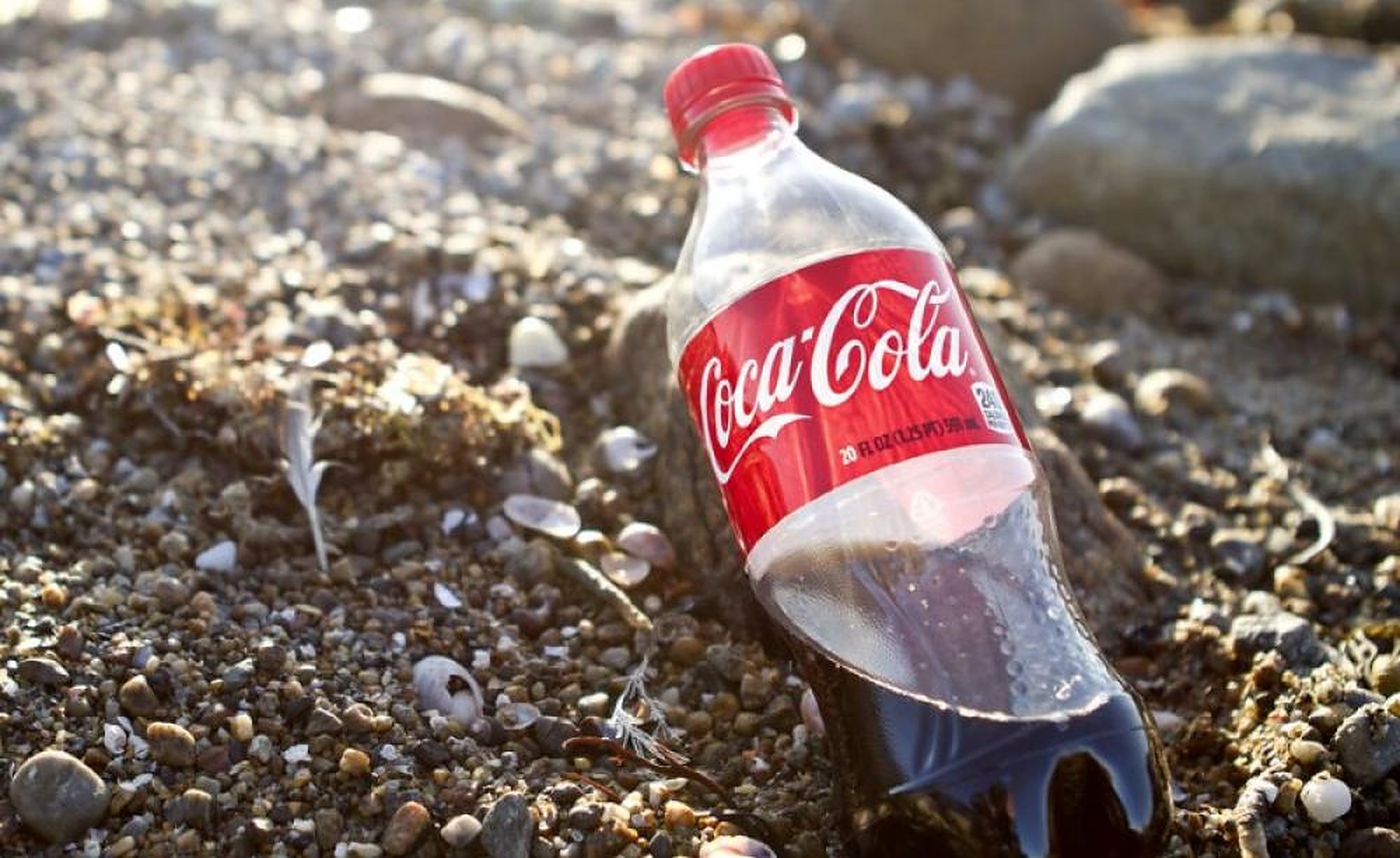With COP27 just a month away, environmental activists have raised concerns over Egypt’s decision to select Coca Cola as a sponsor for the event. The 2022 United Nations Climate Conference (COP27) will be hosted by Egypt and take place in Egypt’s Sharm El-Sheikh from 6 November until 18 November.
Egypt’s Ministry of Foreign Affairs signed a cooperation protocol with Coca-Cola on Wednesday, 28 September, as one of the main supporters of the COP27 conference. In a statement by the Ministry of Foreign Affairs, the partnership aims to promote opportunities to build climate resilience across Coca-Cola’s supply chain, and foster engagement with the private sector, NGOs, and governments.
Coca-Cola has been ranked as the world’s leading plastic polluters for the fourth year in a row, according to a report released by ‘Break Free From Plastic,’ which is a global movement that calls for massive reductions in single-use plastics and pushes for lasting solutions to the plastic pollution crisis.
Though Coca-Cola has said this year that it will aim for 25 percent of its packaging globally to be reusable by 2030, environmental activists argue that it has kept a track record of broken promises in the past. In 1990, it promised to use an average of 25 percent of recyclates in its PET bottles. However, this promise was not met as that percentage is now only 10%. The recyclate goal has also been constantly changing, and there is little transparency over the details of how, where and when the target will be achieved.
To make stronger commitments towards ending plastic pollution, environmental activists call for a deposit system, which is a financial incentive for consumers to return their used bottles. Coca-Cola has yet to express its unconditional support for bottle deposits across the world and provide greater incentives for consumers to recycle their bottles.
“If Coca-Cola really wants to solve the plastic and climate crisis, it needs to turn off its plastics tap. Ending Coca-Cola’s addiction to single-use plastic is an important part of moving away from fossil fuels, protecting communities, and combating climate change,” Greenpeace USA Oceans Campaign Director, John Hocevar, said.
PLASTIC WASTE MANAGEMENT IN EGYPT
Plastic pollution in Egypt is a momentus concern, with an estimated 2.8 million tonnes of plastic waste leaked into the Mediterranean Sea each year. This number does not include the large quantities of plastic that are polluting the Nile, the Red Sea and Egypt’s city streets and touristic areas.
Egypt produces 5.4 million tonnes of plastic annually, making it the biggest plastic polluter in the Arab World, pouring in 250,000 tons every year, a 2019 report from the World Wide Fund for Nature (WWF) revealed. The coastal city of Alexandria alone leaks an average of 12.7 kilograms of plastic into nature per person.
In response, Egypt has taken a number of steps to combat this issue. The National Solid Waste Management Programme (NSWMP) was launched to support the establishment of the Egyptian Waste Management Regulatory Authority (WMRA), which works on drafting policy and strategy development to mobilise private and civil-sector stakeholders in capacity-building initiatives.
Egypt’s Minister of Environment has also been partnering with local social enterprises, announcing that Banlastic will join the Ministry in the initiation of a project to reduce plastic waste across Egypt’s coastal regions. As of 2018, Banlastic has run 15 beach cleanups with a total of almost 2,000 kilograms of plastic collected, and has held over 20 educational workshops to spread awareness.






Comments (0)